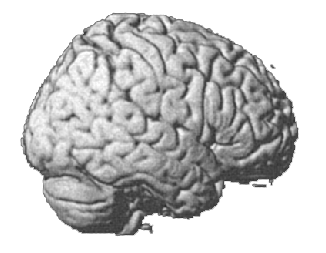Un nuovo approccio di utilizzo della trasformata
2006
Master Diploma
Project: 00141

Functional magnetic resonance imaging (fMRI) is a fast-developing technique for studying physiological processes in the brains of conscious human subjects. Changes in neuronal activity can be measured by an MR scanner. Volumes acquired for functional analysis have a rather poor signal-to-noise ratio and suffer from several other degradations (e.g., movements artifacts). SPM (Statistical Parametric Map) incorporates many of the algorithms necessary for neurologists to analyze their data properly. Our group has proposed wavelets-based approaches.
Recently, we have developed a new integrated framework for statistical testing of fMRI data using wavelets. In standard wavelet-based denoising methods, it is well-known that the redundant discrete wavelet transform (DWT) outperforms the non-redundant one. The redundant DWT doesn't change the parameters (i.e., the threshold values) of the integrated framework. However, a special reconstruction is required since the detected signal energy per coefficient is lower than in the non-redundant case. Here, we propose to combine multiple transforms by a POCS-based reconstruction procedure. The selection operator is given by the thresholding procedure in the wavelet domain.
Recently, we have developed a new integrated framework for statistical testing of fMRI data using wavelets. In standard wavelet-based denoising methods, it is well-known that the redundant discrete wavelet transform (DWT) outperforms the non-redundant one. The redundant DWT doesn't change the parameters (i.e., the threshold values) of the integrated framework. However, a special reconstruction is required since the detected signal energy per coefficient is lower than in the non-redundant case. Here, we propose to combine multiple transforms by a POCS-based reconstruction procedure. The selection operator is given by the thresholding procedure in the wavelet domain.
- Supervisors
- Dimitri Van De Ville, dimitri.vandeville@epfl.ch, 021 693 51 42, BM 4.140
- Michael Unser, michael.unser@epfl.ch, 021 693 51 75, BM 4.136